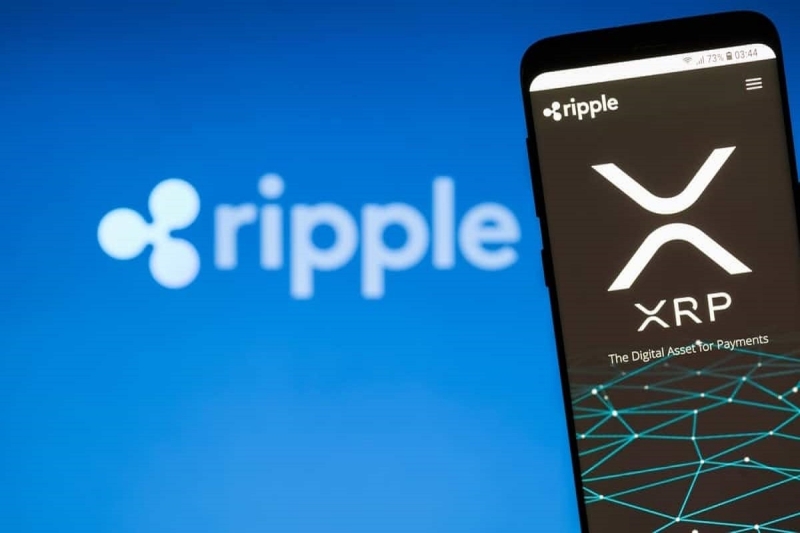The long standing XRP lawsuit has cost Ripple Labs at least 2 and a half years in its product development strides per Flare co-founder By Godfrey Benjamin 12 hours ago Updated 12 hours ago
Hugo Philion, the founder of Flare Network, has offered a crucial perspective on the impact of the ongoing XRP lawsuit between Ripple Labs and the US Securities and Exchange Commission (SEC).
Flare CEO Points at Product Development Setback
In a recent tweet, Philion stated that the legal uncertainty surrounding XRP’s regulatory status has made it difficult for Ripple to engage and focus on product development. Despite the fact that Ripple now has some clarity, Philion stated that the company was delayed by around 2.5 years as a result of these problems.
I have always assumed that XRP would sell off hard after the case ended. This is because the primary (but not only) usecase for XRP is (and has always been) cross border transactions and the primary force behind developing this market is still Ripple. Since late 2020, Ripple have…
— Hugo Philion ☀️ (@HugoPhilion) August 5, 2023
Top Crypto Marketing Firms / Agencies 2023; Here’s Best Picks [Updated] Must Read Crypto Telegram Channels List 2023 [Updated] Must Read Top 10 Web3 Games To Explore In 2023; Here List Must Read
He emphasized that the time and resources dedicated to addressing the regulatory challenge diverted Ripple’s attention away from advancing its cross-border payment solutions and allowed other players, particularly stablecoin issuers to establish as viable alternatives within the market.
Notably, stablecoins have grown in popularity as a result of their minimal regulatory uncertainty and easier integration with established financial institutions. Its success in expanding the cross-border payments market has posed a severe obstacle to Ripple’s objectives, complicating the company’s route to market supremacy.
Despite the setbacks caused by the legal battle and the rise of coin, Philion suggests that Ripple is likely to find success in cross-border payments, particularly in underserved corridors of the traditional financial system.
Philion’s opinion may have stemmed from the unique value proposition of XRP in facilitating quick and cost-effective cross-border transactions.
However, Philion notes that this progress might be slower than anticipated due to the increasing skepticism in the crypto space. He pointed at controversies involving figures like Sam Bankman-Fried following the collapse of the once-renowned FTX exchange, and other market irregularities that have cast a shadow on the entire crypto industry.
New Use Cases for XRP
While Ripple’s primary focus has been on cross-border payments, Philion acknowledges the efforts of various stakeholders to explore new use cases for XRP and the XRP Ledger. He expressed optimism that these innovative projects have the potential to help diversify XRP’s utility.
However, Philion reduces expectations by emphasizing that these endeavors will require time to come to fruition. This is because new use cases and advancements in the ecosystem are subject to the challenges of research, development, and market adoption.






